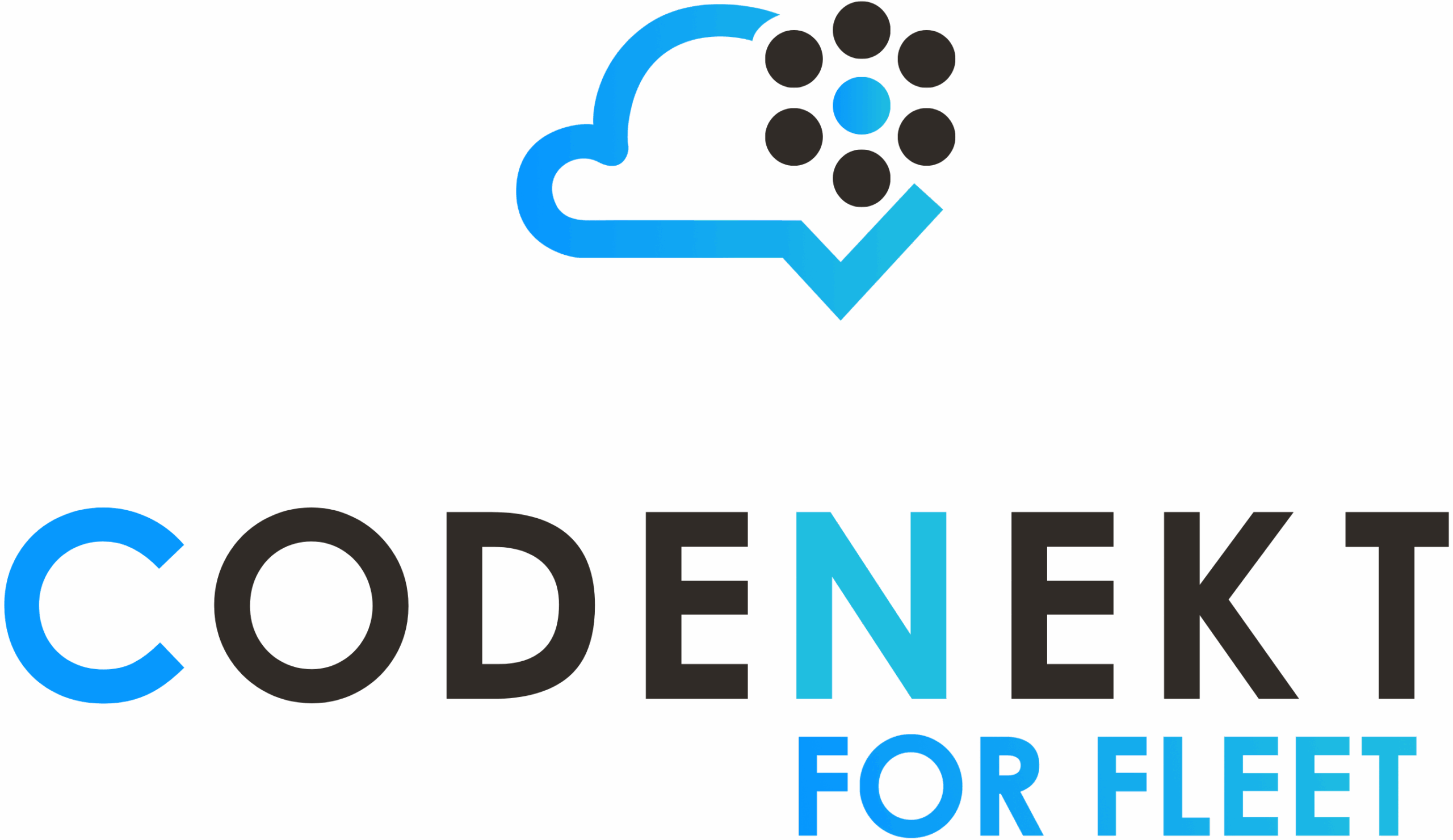
Understanding Total Cost of Ownership (TCO) in Fleet Management
When it comes to managing a corporate fleet, many decision-makers tend to focus on the purchase price of vehicles. While acquisition costs are important, they represent only the tip of the iceberg. The real challenge lies in understanding the Total Cost of Ownership (TCO) – a comprehensive approach that reveals the true financial impact of your fleet over time.
What is TCO?
TCO, or Total Cost of Ownership, is the complete calculation of all expenses related to owning and operating a vehicle throughout its lifecycle. It goes far beyond the sticker price or lease payments. By analyzing TCO, companies gain visibility on hidden costs that can significantly affect profitability.
The Key Components of TCO in Fleet Management
- Acquisition Costs
- Vehicle purchase price or leasing fees
- Registration, taxes, and insurance
- Operational Costs
- Fuel consumption (often the largest variable expense)
- Maintenance and repairs
- Tires, fluids, and regular servicing
- Administrative Costs
- Time spent managing documentation
- Compliance with regulations and environmental standards
- Internal processes and HR management linked to fleet operations
- Depreciation & Resale Value
- The decline in vehicle value over time
- Market conditions at the time of resale
- Indirect Costs
- Downtime due to breakdowns
- Driver behavior and accident management
- CO₂ emissions and corporate sustainability commitments
Why TCO Matters for Your Business
- Better Decision-Making: Understanding TCO helps you choose vehicles not just based on price, but on long-term efficiency.
- Cost Reduction: Identifying hidden costs allows businesses to implement strategies to reduce fuel, maintenance, or administrative expenses.
- Sustainability & CSR: A clear TCO analysis includes environmental impact, aligning fleet management with sustainability goals.
- Budget Predictability: By forecasting expenses more accurately, companies can avoid financial surprises.
How Technology Can Help Optimize TCO
Digital solutions like fleet management platforms provide real-time data on fuel consumption, vehicle health, and driver behavior. With actionable insights, managers can:
- Reduce downtime through predictive maintenance
- Encourage eco-driving practices
- Optimize vehicle replacement cycles
- Automate administrative
